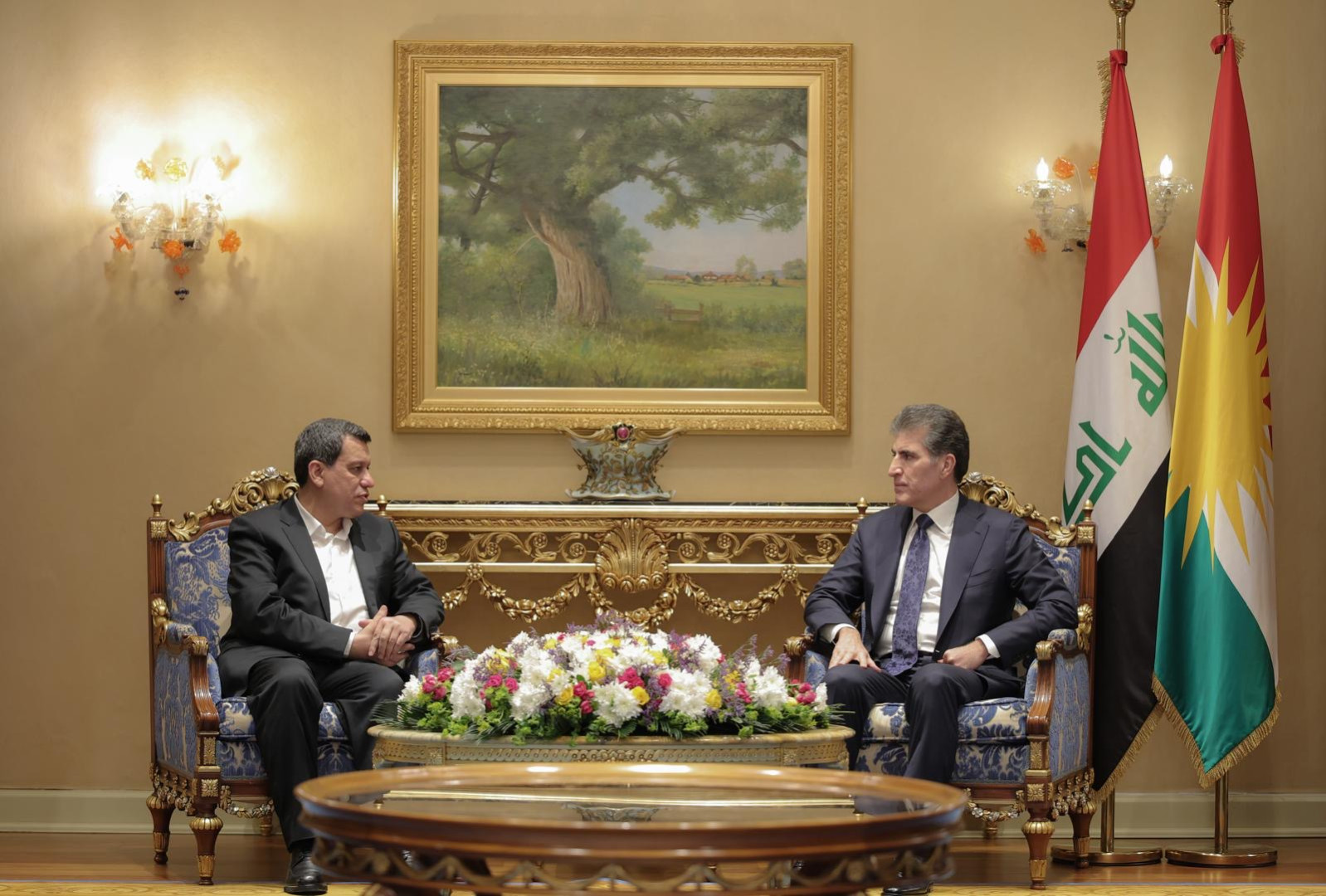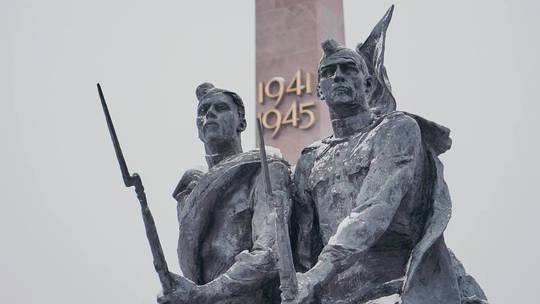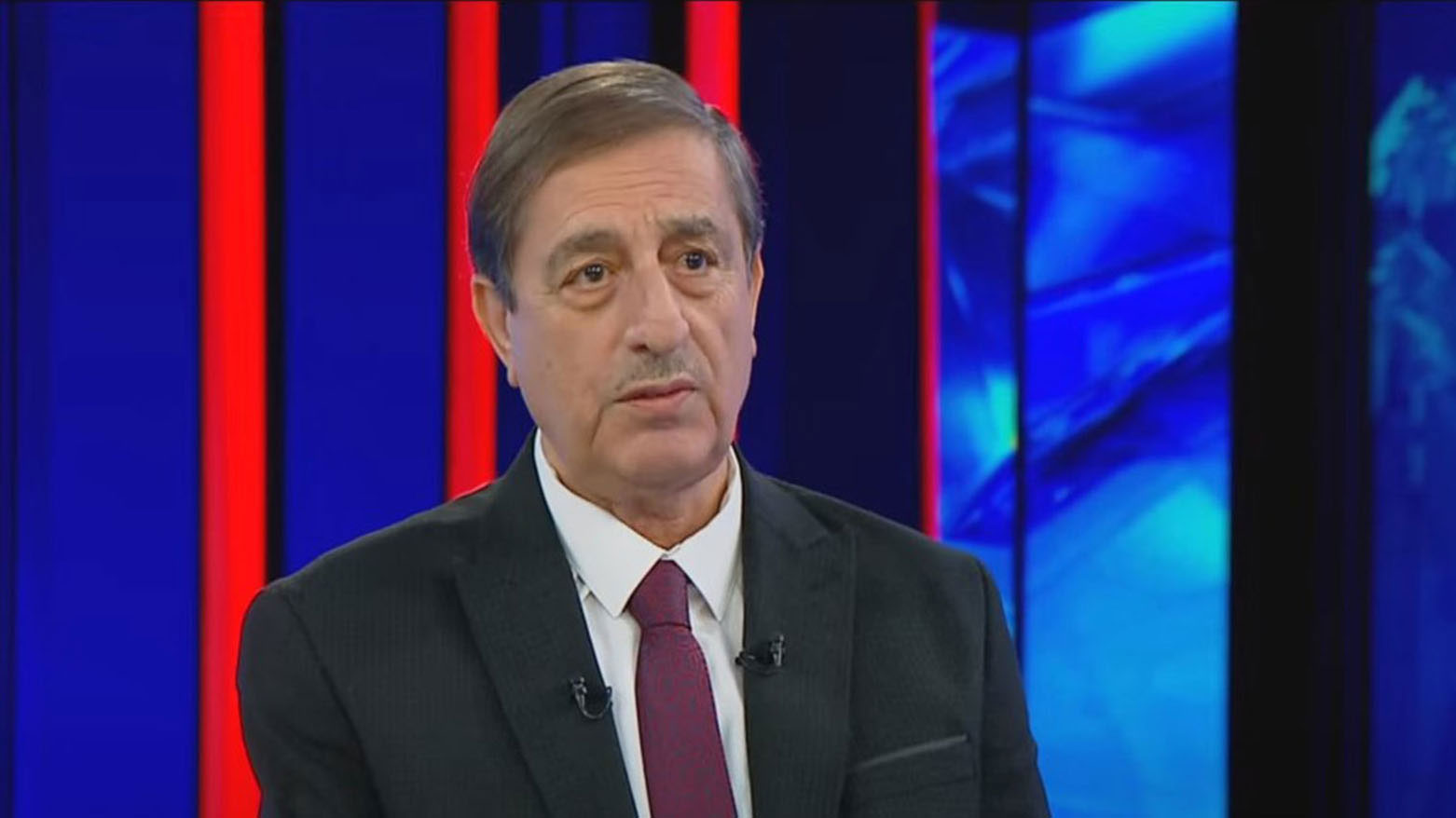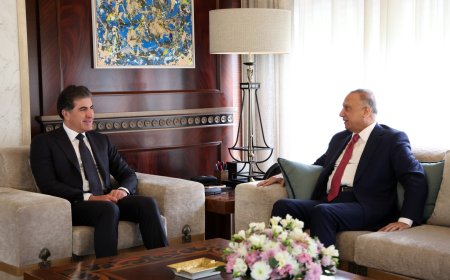Syria unveils election seat map as Kurdish regions face voting delays

ERBIL, Kurdistan Region - Syria’s state electoral agency on Tuesday released the seat distribution for the upcoming mid-September People's Assembly elections. The move follows an earlier decision to postpone voting in Kurdish-majority provinces, citing security concerns - a move that has drawn sharp criticism from Kurdish groups.
Syria’s Higher Committee for the People’s Assembly Elections on Tuesday released Resolution No. 24, detailing the allocation of 210 parliamentary seats across the country’s provinces ahead of next month's elections.
According to the breakdown, the province of Aleppo received the highest number of seats with 32, followed by Rif Dimashq, Homs, Hama, and Idlib with 12 seats each.
Damascus and Deir ez-Zor were each allocated ten seats, while the Alawite-majority provinces of Latakia and Tartus received seven and five seats, respectively.
Aleppo received the largest allocation with 32 seats, followed by Rif Dimashq, Homs, Hama, and Idlib, each receiving 12 seats. Damascus and Deir ez-Zor were allocated ten seats each. The Alawite-majority provinces of Latakia and Tartus were granted seven and five seats respectively.
In northeast Syria (Rojava), Hasaka and Raqqa were allocated ten and six seats, while the southern Druze-majority Suwayda province received three seats.
Despite this allocation, the Higher Committee said in a previous statement on Saturday that elections in Hasaka, Raqqa, and Suwayda will be postponed due to what it described as a “lack of a secure and stable environment.”
In a Saturday interview with Rudaw, the Higher Committee’s spokesperson Nawar Najmeh stated that voting in these provinces will be held once “appropriate security and political conditions” are restored. He noted that such elections “require a high level of integrity and transparency,” adding that the Syrian state “must have a genuine sovereign presence in those regions.”
Najmeh added that although elections are postponed in these provinces, one-third of the 210-member People's Assembly will be appointed by interim President Ahmed al-Sharaa, as outlined in the interim constitutional declaration approved in March. It is “possible for the appointed members to come from these provinces,” the Higher Committee spokesperson said.
Kurdish backlash
In response, the Democratic Autonomous Administration of North and East Syria (DAANES) on Sunday rejected the committee’s reasoning for excluding their areas from the upcoming elections, stressing that “the areas of North and East Syria are the most secure” in comparison to other parts of the country.
The Kurdish-led administration further slammed the elections process as “exclusionary and undemocratic,” adding that it "does not reflect the will of the Syrian people,” but is rather “a continuation of the policy of marginalization and exclusion.”
The DAANES further considered the steps taken in Syria since the fall of the Ba’ath regime in early December as contradictory to “the objectives of the Syrian revolution, which called for justice, democracy, equality, and freedom for all components of Syria." It thus urged the international community and the United Nations to reject the electoral process.
The solution to the Syria problem “will not be through reproducing the same old policies, but through a comprehensive political path, in which all Syrians participate... to reach a democratic, pluralistic, decentralized Syria,” the DAANES concluded.
Syria is set to hold its parliamentary ballot between September 15 and 20, the first electoral process under the Sharaa-led interim administration.
Last week, Sharaa signed a provisional electoral system consisting of 13 chapters and 54 articles, establishing the legal framework for the elections. Under this system, the People’s Assembly will have 210 members - 140 elected through indirect voting, and 70 appointed directly by himself.
The new electoral system introduces two categories of representatives: “competencies” and “notables.” Candidates in the competencies category must hold a university degree or its equivalent, while notables must have at least a high school diploma. Seventy percent of seats are reserved for competencies, and thirty percent for notables.
On Monday, the Higher Committee also clarified eligibility criteria.
Voters and candidates must have obtained Syrian citizenship before May 1, 2011 - a date linked to Decree No. 49, which granted citizenship to many stateless Kurds. Candidates must be at least 25 years old, legally competent, and of good moral standing.
Those who supported the former Ba’ath regime, served in the People’s Assembly post-2011 without defecting, or are associated with groups labeled as “terrorist organizations” are disqualified. Individuals who previously ran for president or publicly advocated for secession or foreign intervention are also barred.
Additionally, candidates must be either registered in the electoral district they wish to represent or have lived there for at least five consecutive years before 2011. Members of the armed forces, security agencies, or those holding senior government positions such as ministers or governors are not eligible to run.
[Source: Rûdaw English]




















































